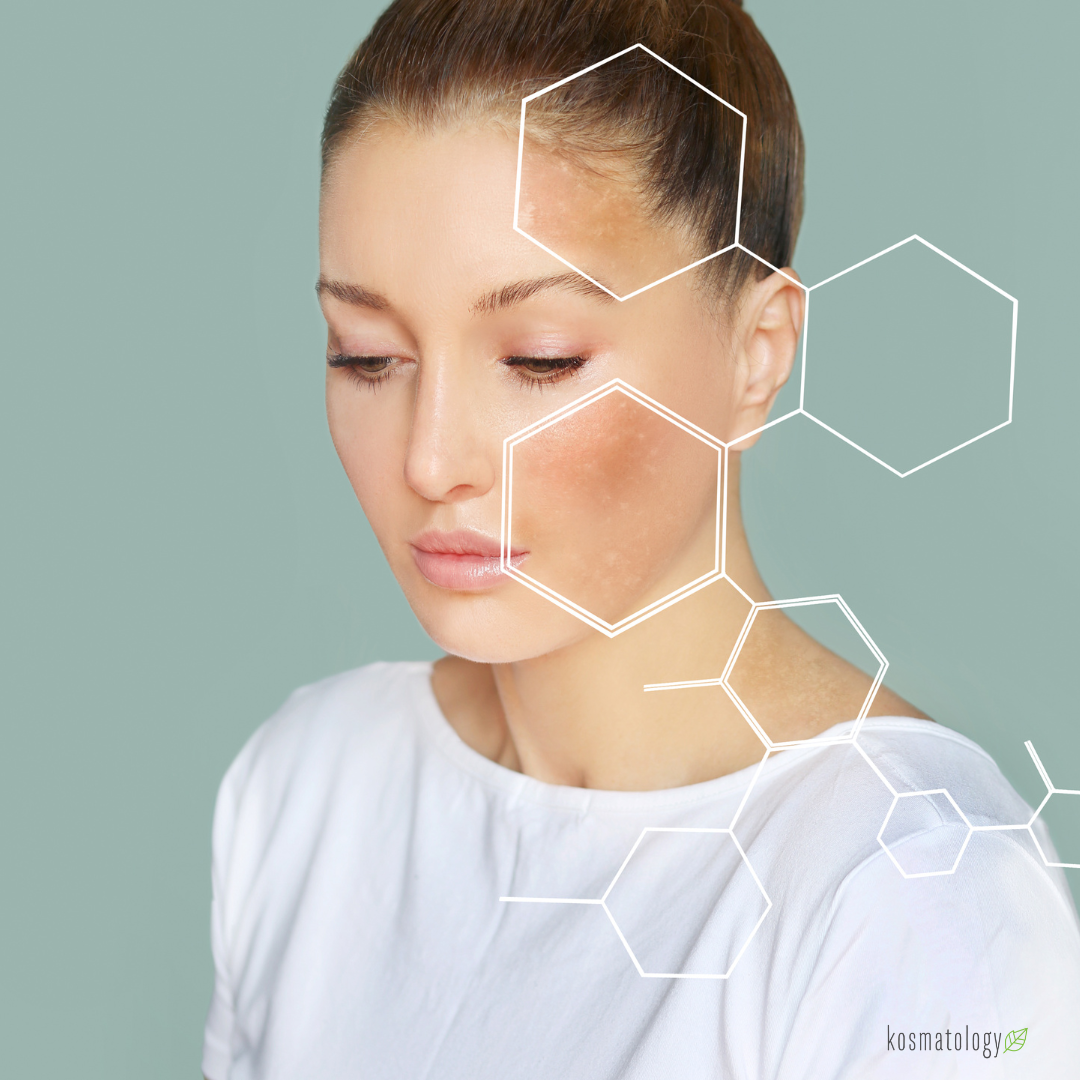What Is Your Skin Microbiome and Why Is It So Important?
Our skin is the first thing the world sees. Did you know that it is our largest organ and the first defense against the threats of the outside world? Our skin is a very complex microsystem known as the skin microbiome. The skin microbiome is home to a vast array of microbes, including the possibility of 1,000 different bacterial species and 80 different fungi. What dictates what our skin microbiome is comprised of is multifactorial, including location, the amount of sunlight a person gets, and how dry, hairy, or oily the skin is. It is also affected by age and gender, so an active teenager with oily skin will have a very different microbiome than a postmenopausal woman with dry skin.
What is the role of the microbiome in our health?
Communicates With Our Immune System: The microbiome doesn’t just live on the surface of the skin; it actually exists in the subcutaneous fat layer. While more research is needed in this area, it is believed that it is at the subcutaneous fat layer that communication with our immune system takes place.
Protects Against Infection: A healthy skin microbiome protects against infection by crowding out the overgrowth of pathogenic organisms. Also, our skin microbiome prefers an acidic environment, which prevents the growth of pathogens.
Moderates Inflammation: The constant communication between the immune system and our microbiome helps regulate overall inflammation.
Creates a Protective Barrier: The microbiome aids in wound healing, minimizes oxidative damage, keeps skin hydrated, and can even help protect us from harmful UV rays.
What can we do to keep our microbiome healthy?
Eat healthy and stay hydrated: Eating a colorful diet and reducing processed foods and extra sugar will help support your skin microbiome.
Limit foods that cause inflammation: Since we know the microbiome is affected by inflammation, limiting foods that can trigger skin issues such as eczema and acne can keep the microbiome healthy.
Keep Your Gut Healthy: The gut microbiome has been closely linked to the skin microbiome. Keeping your gut healthy will also help your skin. One way to do this is to eat fermented foods for the natural probiotics.
Limit Use of Hand Sanitizers: There are times you cannot avoid needing to use hand sanitizer, but the high levels of alcohol in hand sanitizer can kill the natural microbiome. If you do use them, follow up with a moisturizer such as Kosmatology’s lotion bars.

